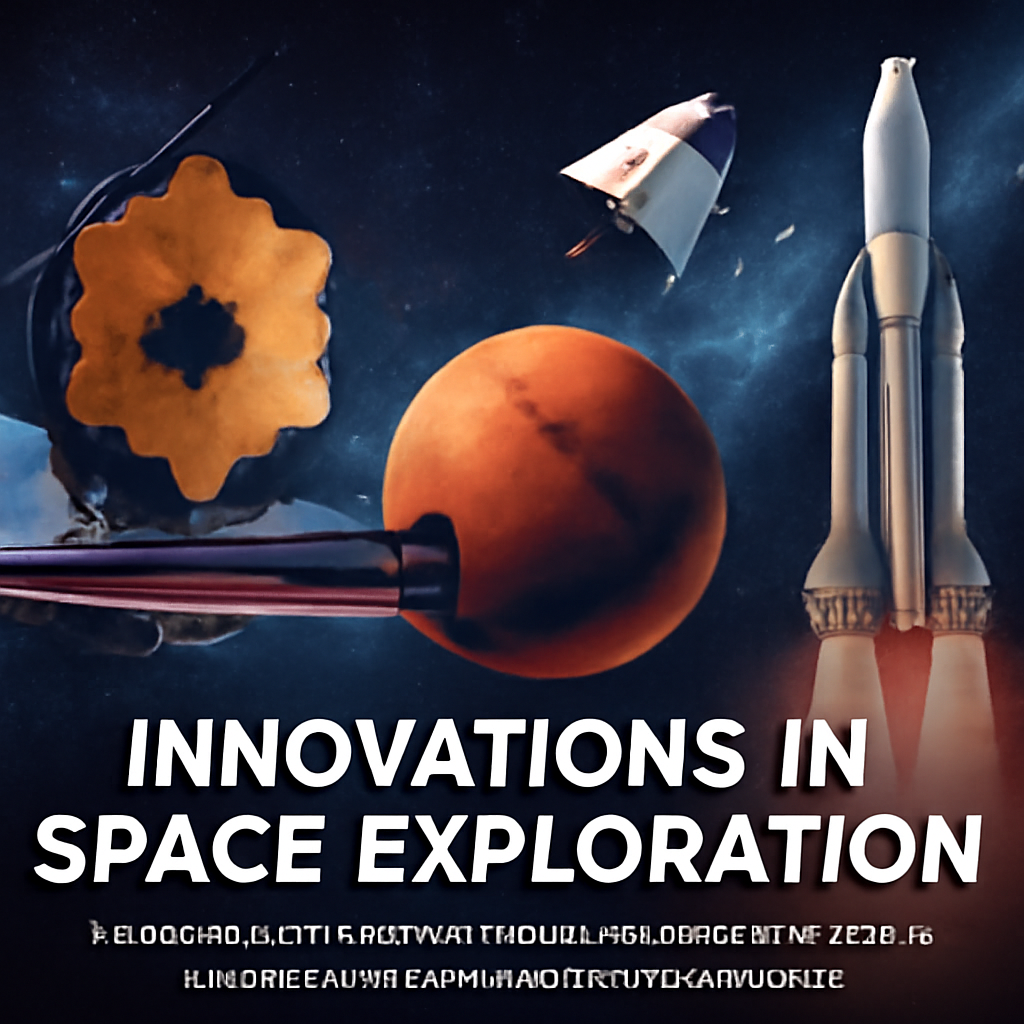Location
Mount Vernon, WA 98274
Location
Mount Vernon, WA 98274

As humanity ventures deeper into the cosmos, our innate curiosity drives innovations in space exploration. From advanced telescopes to interplanetary missions, learn how our quest for knowledge about the universe is unfolding and paving the way for future discoveries.
Human curiosity has long been the driving force behind exploration, and as we look to the stars, our cosmic curiosity is leading us on an interstellar odyssey. This quest is not just about discovering new planets or seeking extraterrestrial life; it’s about understanding our place in the universe and the fundamental laws that govern it. Recent advancements in technology have opened new frontiers, enabling us to probe deeper into the cosmos than ever before.
One of the most significant developments in this journey is the launch of next-generation space telescopes. Instruments like the James Webb Space Telescope (JWST) have already begun to provide unprecedented images and data from distant galaxies. The JWST is designed to look further back in time than any previous telescope, allowing astronomers to study the formation of stars and galaxies in the early universe. With its ability to capture infrared light, it reveals cosmic phenomena that were previously hidden, igniting excitement and curiosity about what lies beyond our current understanding.
Beyond telescopes, robotic exploration missions are transforming our knowledge of the solar system. The ongoing Perseverance rover mission on Mars is a prime example. Perseverance is not only searching for signs of ancient life but also collecting samples that may one day be returned to Earth. The rover’s advanced tools and technologies are providing insights into Mars’ geology and climate, fostering a deeper understanding of our neighboring planet and its potential for habitability.
The implications of these explorations extend beyond mere curiosity. Understanding the composition and history of other planets informs us about Earth’s own climate and geophysical processes. Moreover, the data collected can guide future missions, helping researchers assess which celestial bodies may be suitable for human exploration or even colonization.
In addition to direct exploration, advances in artificial intelligence (AI) and machine learning are playing a pivotal role in analyzing vast amounts of astronomical data. These technologies are enabling scientists to identify patterns and anomalies that the human eye might miss, leading to new discoveries. For instance, AI algorithms have been instrumental in classifying exoplanets and predicting their characteristics based on light curves, accelerating our search for potentially habitable worlds.
As we continue to push the boundaries of space exploration, it’s essential to recognize the ethical considerations that accompany our cosmic curiosity. The potential for contamination of other celestial bodies and the responsible use of space resources are topics that require careful deliberation. International collaboration and agreements will be crucial as we venture further into the cosmos.
Ultimately, our quest for knowledge is a reflection of our desire to connect with the universe. Each discovery not only expands our understanding of the cosmos but also inspires future generations to look to the stars. As we embrace this age of exploration, the narrative of humanity’s journey among the stars is just beginning, promising to uncover mysteries that will forever alter our perception of existence.